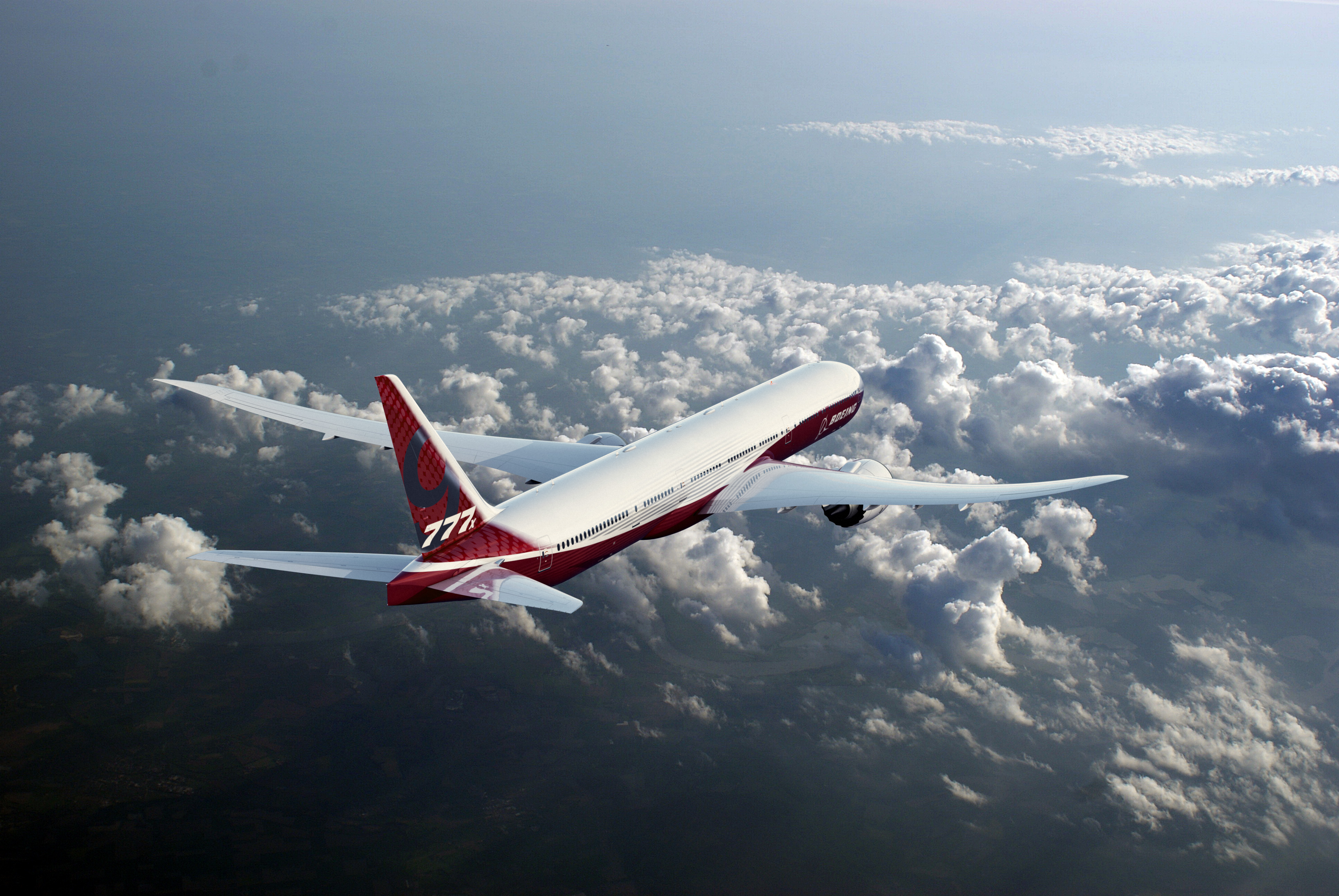Military
Can Boeing Capitalize on Airbus Weakness Ahead of Paris Air Show?
Published:
Last Updated:

Where Boeing sees increased demand for smaller, narrow-body jets like the 737 and the Airbus A320, Airbus believes the trend is toward larger planes, including its massive super-jumbo A380. Boeing has forecast the market for the so-called large wide-bodies at 540 over the 20-year period, while Airbus indicated a total of 1,500 in its market report last year.
When the show begins on Monday, though, Airbus will need to confront some issues that it would certainly have wanted to avoid.
First off, Airbus is bringing its A400m military transport to the Paris show for a flying demonstration, but after the recent crash in Spain that killed four of the company’s employees, the impact may not be what the company hopes for.
ALSO READ: How Boeing and Airbus May Fight Harder for Fewer Air Show Orders
In some negative signals for the A380, Malaysia Airlines said earlier this week that it wants to sell two of its six A380s, and a Russian buyer is cancelling its order for one of the planes due to economic conditions in Russia. Given the company’s efforts to promote the giant planes, these are unhappy developments.
Airbus also took a third hit in advance of the Paris show when it was forced to cancel a demonstration flight of its new A320neo due to a technical issue with the engines supplied by Pratt & Whitney, a subsidiary of United Technologies Corp. (NYSE: UTX).
The main battle between the two will not be over new orders this year, but about selling the planes already in their lineups and getting customers to pay enough for the existing models to maintain cash flows.
Both Airbus and Boeing face a common problem in maintaining production levels — and pricing — on current versions of their smaller wide-bodies. Boeing is building its 777 at a rate of 8.3 a month (100 per year) and says production is sold out for this year and next. In 2017, however, just over half of that production is sold, and the company admitted earlier this week that it likely will have to lower production for the plane while it ramps up the new 777X beginning in 2018.
At Airbus, production of the A330 is expected to be cut from a current level of 10 per month to just six a month beginning next year.
Wide-body sales are more important to Boeing, which outsells Airbus by a good margin with its 777 and 787 planes. Boeing needs between 40 and 60 new orders annually for the current version of the 777 to fill production slots until the new 777X enters into service in 2020. That total will be hard to achieve.
ALSO READ: Delta to Buy 40 Boeing Jets for $4 Billion
The hit to cash flow for both Boeing and Airbus will be made worse by discounting. The list price for a 777 is around $330 million, and buyers have been paying an average of $145 million to $165 million for the plane. That price almost certainly will have to fall in order to attract more customers. The Airbus A330-300 has a list price of $253.7 million and likely goes out the door at around $125 million to $135 million. The better news for Airbus is that it depends less on the A330 for cash flow than does Boeing on the 777.
New orders that had been through the roof for both companies at the 2013 Paris show and the 2014 Farnborough show are expected to be more limited this year. And both plane makers are likely to focus on their current models. After all, both have backlogs stretching to nearly a decade, and it is unlikely that customers are going to want to order planes that will not be delivered for another 10 years.
Finding a qualified financial advisor doesn’t have to be hard. SmartAsset’s free tool matches you with up to 3 fiduciary financial advisors in your area in 5 minutes. Each advisor has been vetted by SmartAsset and is held to a fiduciary standard to act in your best interests. If you’re ready to be matched with local advisors that can help you achieve your financial goals, get started now.
Thank you for reading! Have some feedback for us?
Contact the 24/7 Wall St. editorial team.